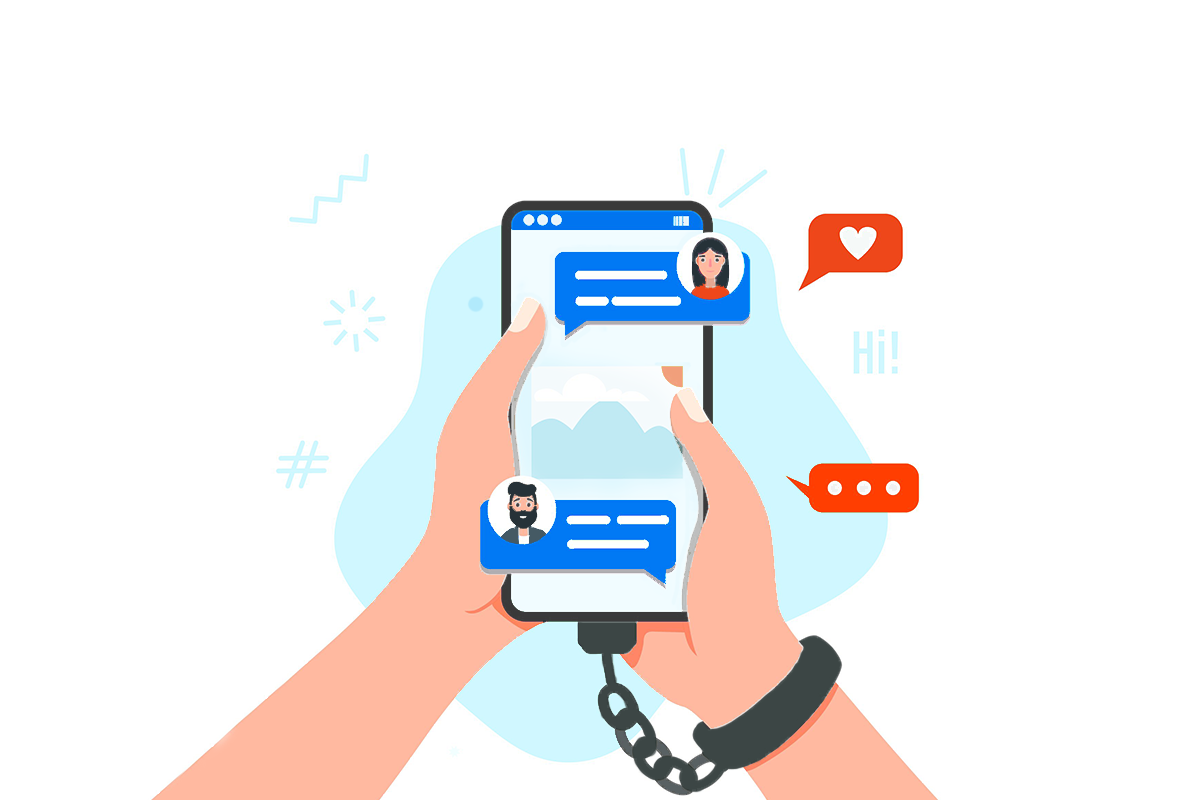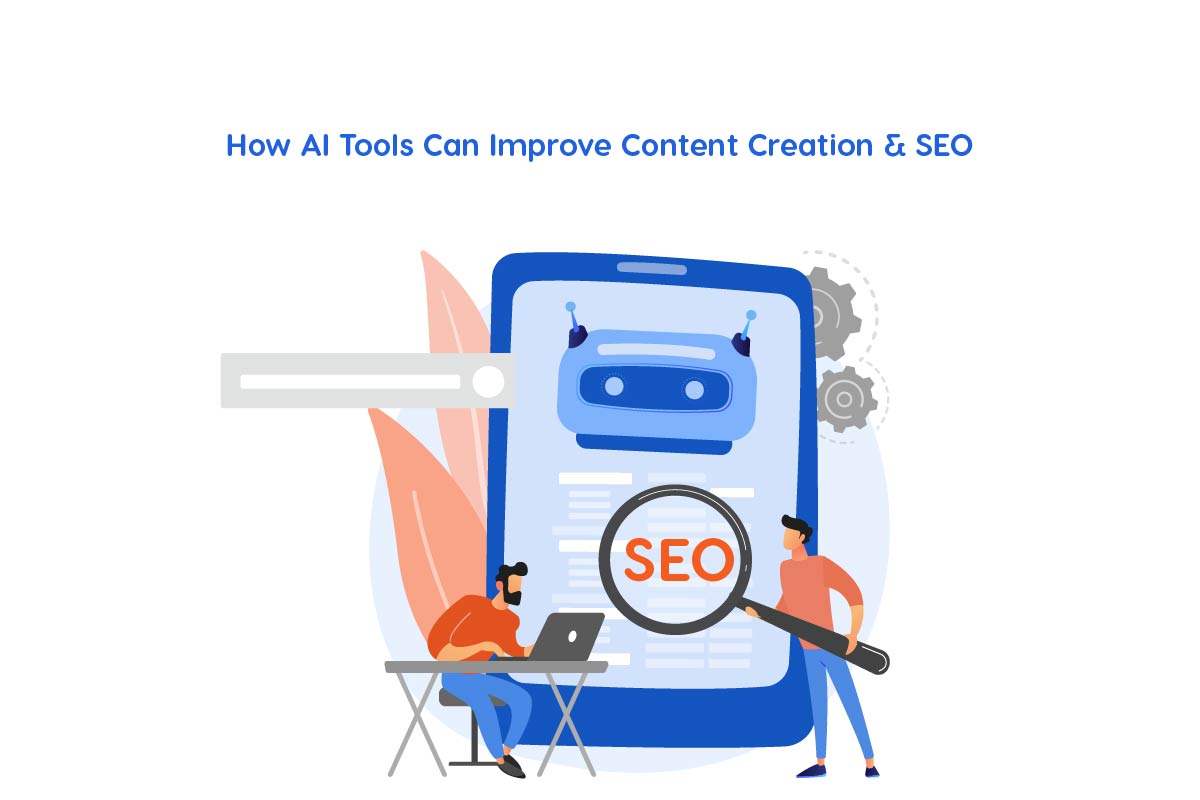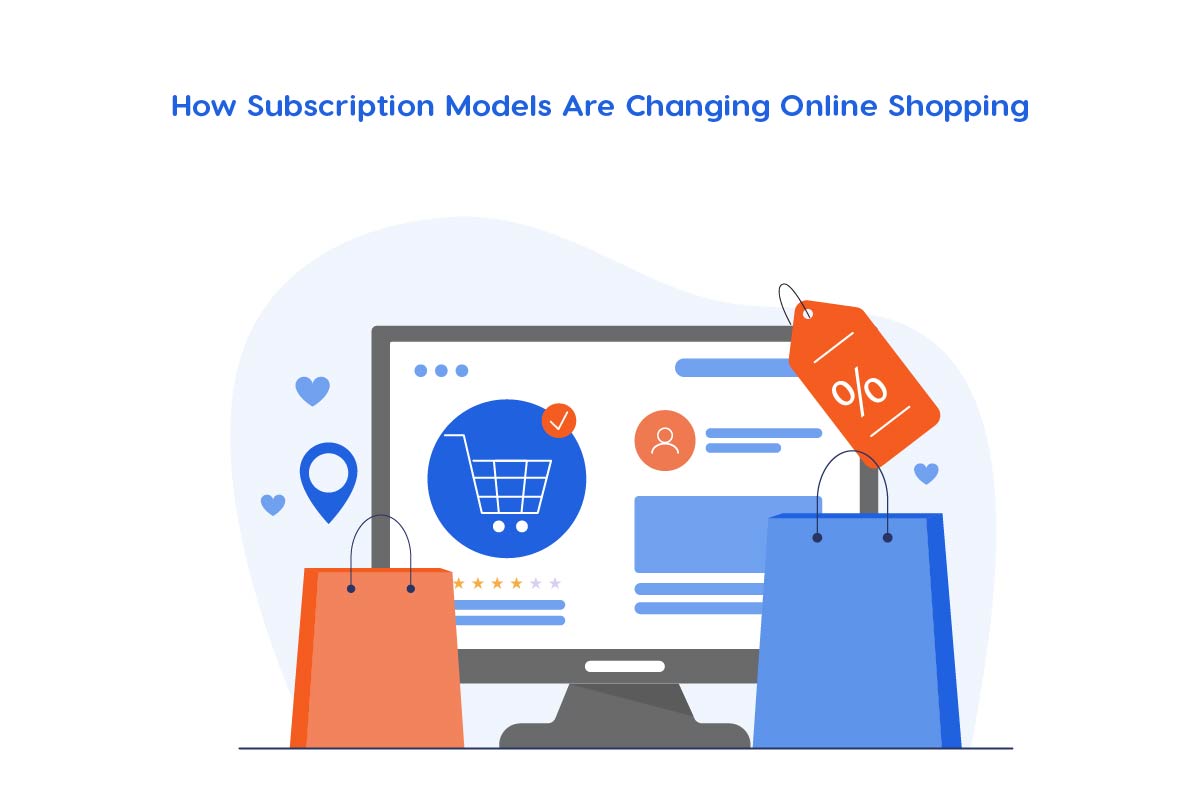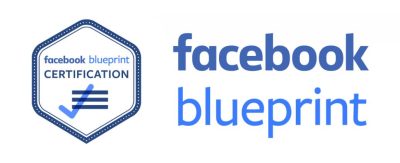Social media addiction refers to the excessive and compulsive use of social media platforms to the point where it interferes with an individual’s daily life, relationships, and responsibilities. It is characterized by a strong desire to constantly check and engage with social media accounts, even in situations where it is not appropriate or necessary, leading to negative consequences such as lack of sleep, decreased productivity, and impaired social relationships. Social media addiction can also contribute to the development of mental health issues such as anxiety and depression.

Tackling Social Media Addiction: 7 Proven Methods That Work
Social media has become an integral part of our daily lives, providing us a platform to connect with friends, family, and the world. However, with the increasing use of social media, addiction has become a growing concern, causing individuals to spend excessive time on their devices and negatively impacting their mental and physical health. This article will discuss seven proven ways to deal with social media addiction.
Creating boundaries is an important aspect of dealing with social media addiction. This involves designating certain times of the day or week for checking social media accounts and avoiding checking them during times when you need to focus on work or important tasks. By creating boundaries, you can reduce the amount of time spent on social media and focus on other activities that are more fulfilling and beneficial for your overall well-being. This can help improve mental health and prevent negative consequences associated with social media addiction. Turning off notifications for social media apps is an effective way to deal with social media addiction. Notifications can create a sense of urgency and temptation to constantly check social media accounts, leading to excessive use and negative consequences. By turning off notifications, you can reduce the temptation to check your accounts and be more present in the moment, allowing you to focus on important tasks and improve mental health. This can help break the cycle of addiction and prevent the negative consequences associated with social media addiction. Social media addiction refers to a compulsive behavior of constantly using social media platforms to the extent that it interferes with an individual’s daily life, work, and relationships. Engaging in other activities can help break the cycle of social media addiction by providing a healthy outlet for energy and attention. This can include hobbies, exercise, and spending time with friends and family, volunteering, or pursuing personal interests. By filling time and attention with alternative activities, individuals can reduce the frequency and intensity of their social media use and regain control over their lives. Social media addiction is a compulsive behavior where individuals excessively use social media platforms to the point where it interferes with their daily lives, relationships, and mental well-being. Using apps to monitor social media use can help individuals become aware of their usage patterns and take steps to reduce their reliance on social media. These apps can track the amount of time spent on various social media platforms and provide reminders to take breaks or limit usage. Additionally, some apps offer features such as blocking access to social media during specific times of the day, setting usage goals, or providing analytics on social media behavior. By using these apps to monitor and regulate social media usage, individuals can break the cycle of addiction and regain control over their lives.Also Check the Article: Regulatory Duty on Mobile Phones Removed in Pakistan
Conclusion
In conclusion, social media addiction is a growing concern in today’s digital age, and it can have a negative impact on an individual’s daily life, relationships, and mental health. Fortunately, there are various effective strategies to manage social media addiction, including engaging in other activities, using apps to monitor social media use, practicing mindfulness, and seeking professional help. By implementing these strategies, individuals can regain control over their social media usage, reduce the negative impact on their lives, and improve their overall well-being.





